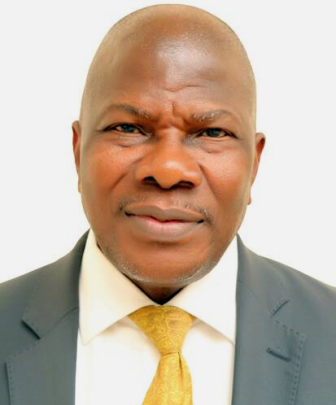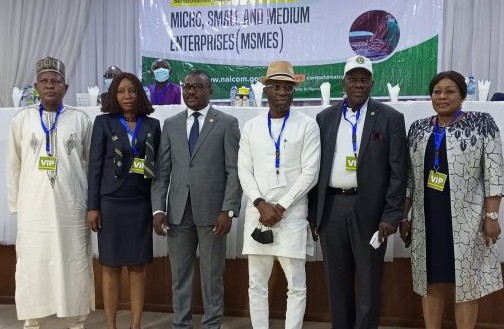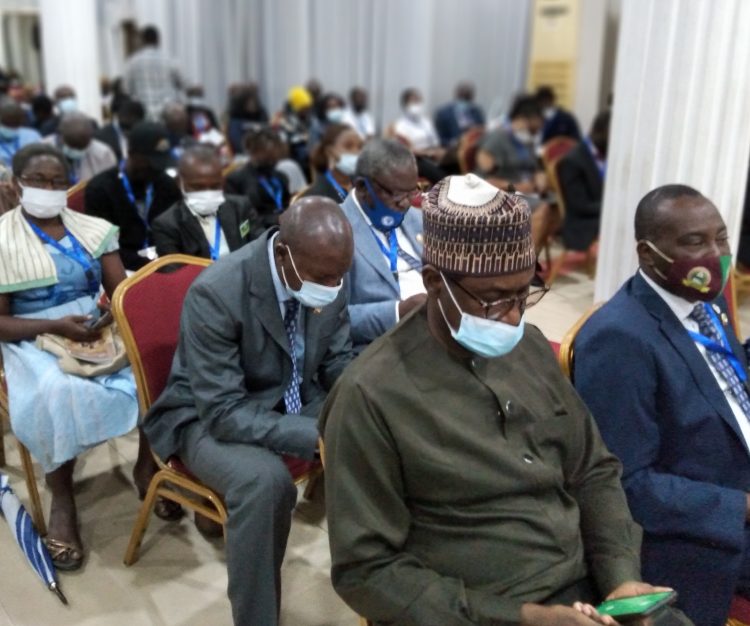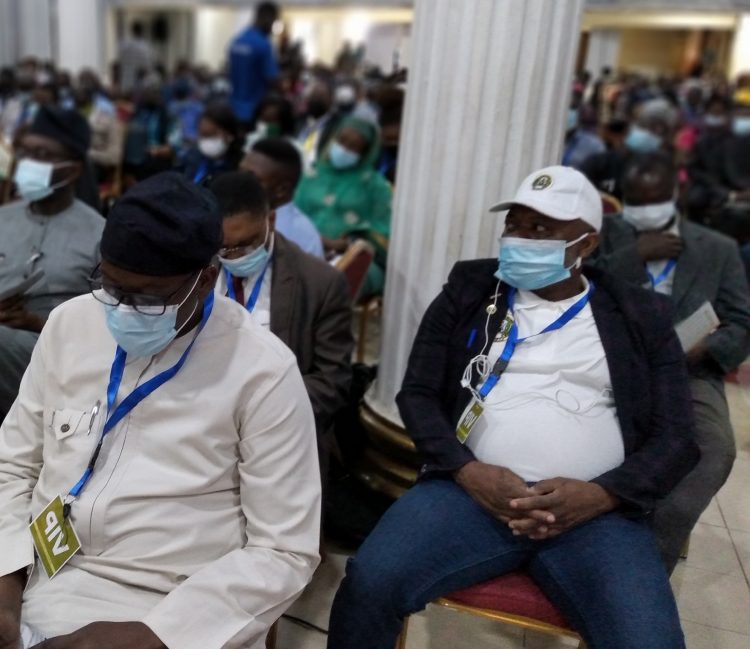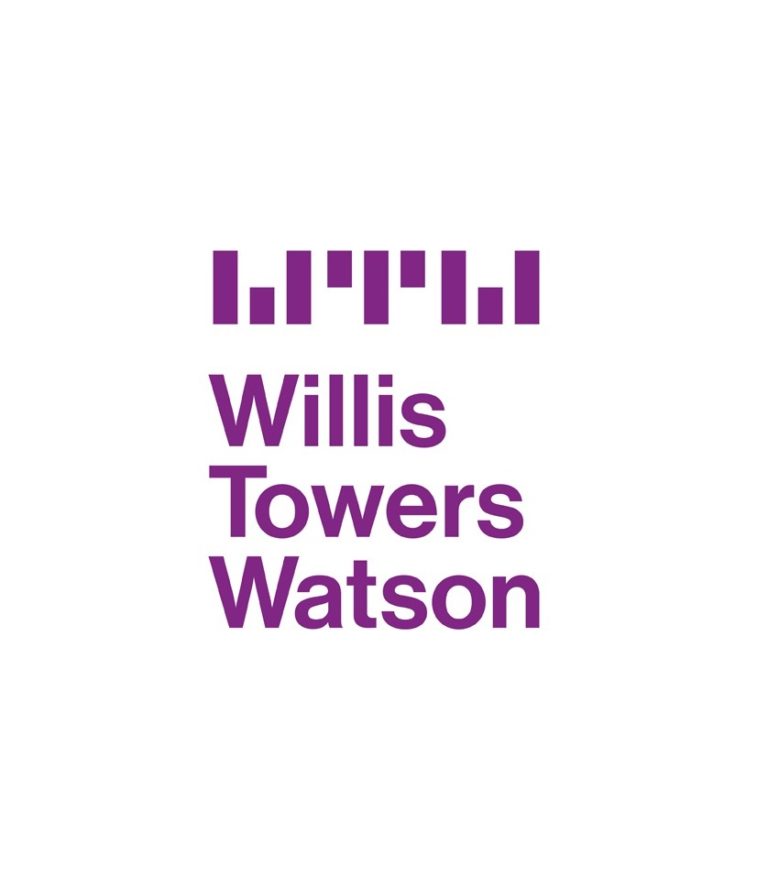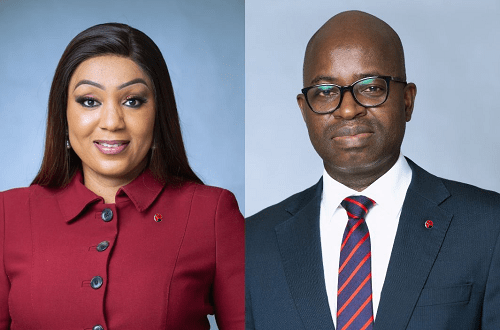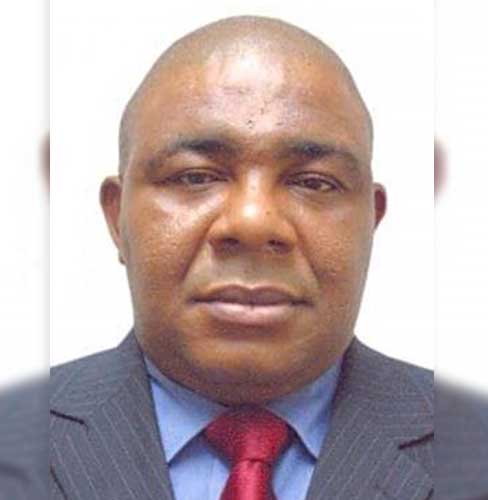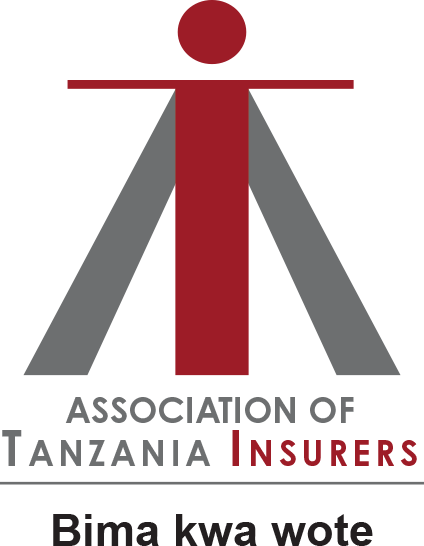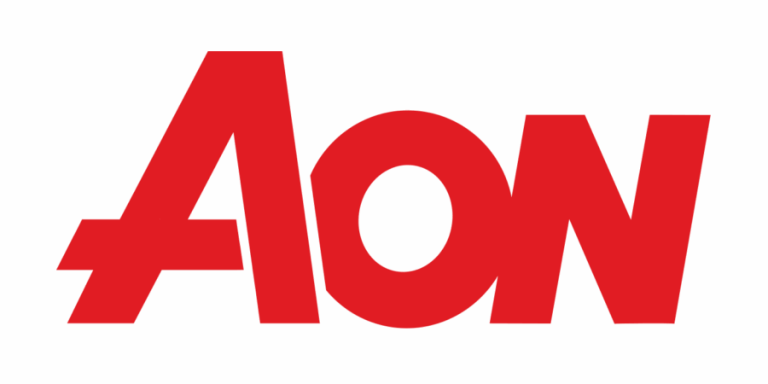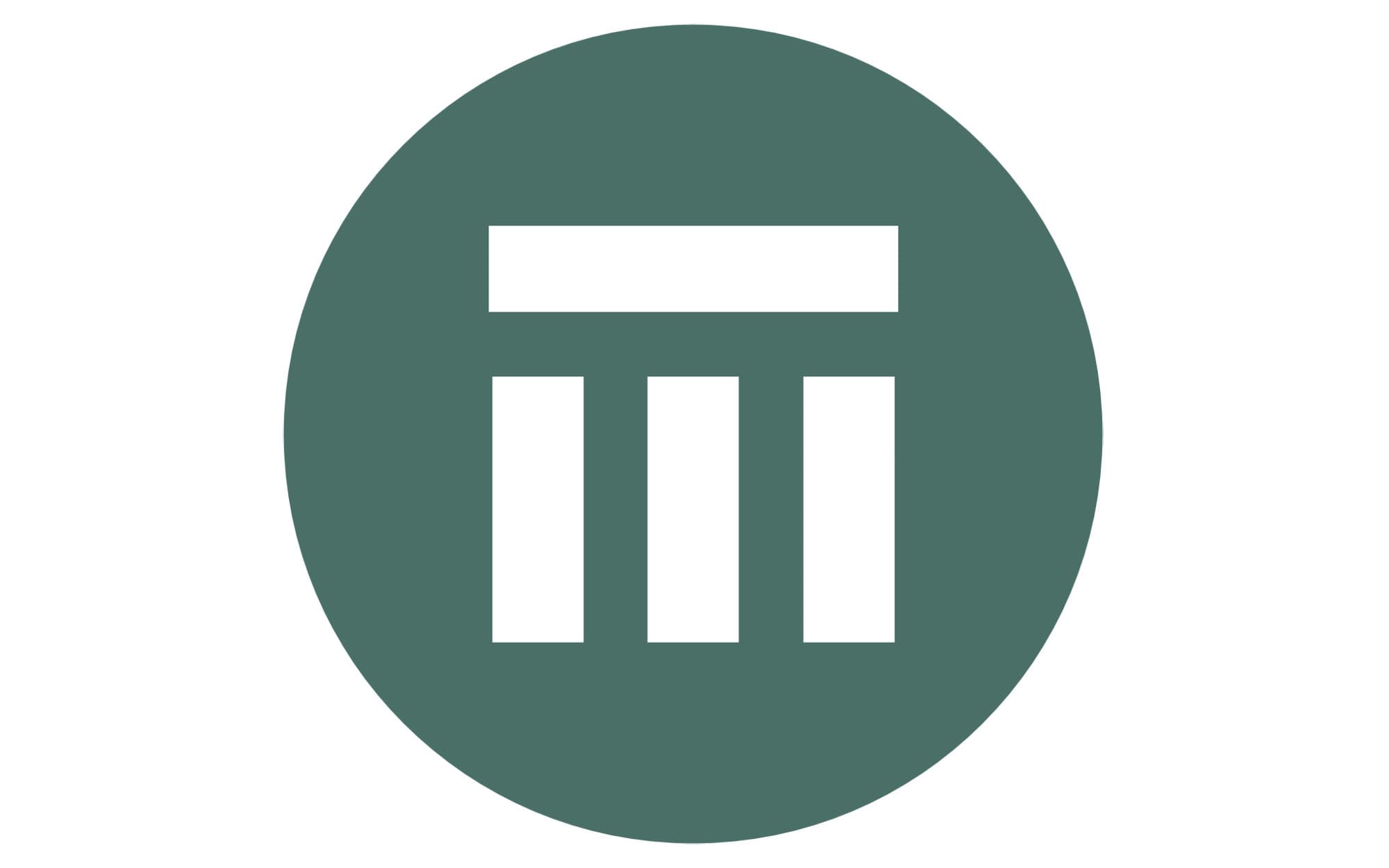CFI Speech at MSMEs sensitisation workshop in Lagos
WELCOME ADDRESS BY OLORUNDARE SUNDAY THOMAS, COMMISSIONER FOR INSURANCE/CEO, NATIONAL INSURANCE COMMISSION (NAICOM) AT THE SENSITIZATION WORKSHOP ON INSURANCE FOR MSMES AND STAKEHOLDERS ON AUGUST 5TH, 2021 AT THE LCCI, ALAUSA LAGOS
Protocol
I am delighted to welcome you to this workshop meant to educate and enlighten the Micro, Small and Medium Enterprises (MSMEs) on the benefits of insurance The importance of MSMEs to national development cannot be overstated. It is indeed the fulcrum of a nation’s growth and development.
MSMEs form the superstructure to stimulate mass enterprise growth and serve as a source of livelihood for the base of the pyramid population across all economies be it underdeveloped, emerging or frontier markets.
In Nigeria, all development interventions of the current administration have had components focused on enabling these MSMEs sprout and flourish but unfortunately, with little or no insurance content to deal with associated risks and ensure sustainability and guarding them against failure.
According to the National Bureau of Statistics, Micro, Small and Medium Enterprises (MSMEs) in Nigeria have contributed about 48% – on average – to the national Gross Domestic Product (GDP) in the last five years from a total of about 17.4 million enterprises (NBS 2019). They account for about 50% of industrial jobs and nearly 90% of activities in the manufacturing sector.
While some challenges still abound from infrastructure to funding, it is encouraging that the Federal Government through its deliberate policy of removing 100million Nigerians from poverty in the next ten years is taking on the challenges to build businesses and leverage them to create prosperity.
In addition to the efforts of the government at all levels, the spirit of entrepreneurship of Nigerians is driving creativity and productivity.
However, the concern is that whatever gain or progress made in this sector can be halted abruptly in the face of a natural or man-made disaster which can often prove daunting to surmount without any support. In particular, when MSMEs are affected by any mishap, the disruption produces not only direct business losses, but also indirect losses and economic ripple effects. The range of impact include job losses, debt overhang, and a relapse of households into extreme poverty.
While the risks that expose MSMEs to this type of vulnerability may not be within the scope of human control, what is within human reach is a deliberate risk management plan through Insurance. It gives you confidence to venture
Insurance is that product you buy when you think you do not need it because it may be too late to buy it when the need for it arises.
. Notwithstanding the importance of Insurance to lives and property, adoption and penetration have been low in Nigeria owing largely to a lot of challenges principal of which may be the inadequate product offerings that meet the needs of the consumers including the MSMEs.
Consequently, the MicroInsurance and Takaful are two insurance offerings carefully designed for affordability and inclusiveness to bring Insurance within the reach of one of the nations most valued contributors to the economy-the MSMEs. This will support the sector for speedy recovery when unforeseen situations occur.
Thus, NAICOM have undertaken to educate and drive enrollment for these products through this sensitization workshop.
The workshop has so far made stops at three cities in Nigeria; Kano, Kaduna and Abuja pulling MSMEs from these cities and their environs. At all locations, we received overwhelming responses in terms of attendance, engagement and enrollment. The average attendance per location have been over 1000 MSMEs. However, due to the prevailing pandemic and the need to adhere to the protocols, the number allowed in the hall today is restricted to 300 MSMEs.
Lagos state is a key stop for us for obvious reasons; first, Lagos has been Nigeria’s nerve center of commerce, the State hosts the single largest number of, MSMEs in the country, put at 11.5% of total. (NBS 2019)
Secondly, and more important, the current and past administrations of this state have demonstrated a continuous commitment to sustaining MSME growth.
Specifically, the constellation of deliberate polices, special programmes and projects, in collaboration with various agencies to boost capacity, access credit, enable trade are all commendable. Some of the State efforts that readily comes to mind and which have been supportive to the Federal Government efforts are: i. The Lagos State MSMEs Exclusive Fairs
ii. The N220 billion Micro and Medium Enterprises Development Fund (MSMEDF) to cushion the impact of COVID 19,
iii. Other State intervention programs
All of these efforts represent to us both the will and action to engender MSME growth.
It is with these assurance that we have anticipated and prepared, that we shall record much more significant outcomes here with this workshop.
The level of vulnerability of MSMEs to extinction by likely disasters – both natural and man-made is very high; we all witnessed the destruction of life and property during the #EndSars protest which may have killed some MSMEs and driven some persons further down the poverty line. The good thing which is our message to you today is that insurance will provide you the shock-absorber to withstand any of these unforeseen calamities when they do occur and help your reinstatement in business.
The NAICOM is committed to our mandate of providing diligent oversight to the insurance sector towards ensuring prompt settlement of genuine claims when insured event occurs. I dare say that the MSMEs sector is too important to be neglected as it is key to economic development of the nation and thus, must be guided and protected against failure. The encouraging responses validate that the products meet a critical need also that the appetite for players in the MSMEs sector to succeed sustainably is high.
To ensure that you are properly guided, let me inform you that we have 59 insurance companies; 510 insurance brokers, 4 Microinsurance companies and 4 Takaful companies licensed by NAICOM to operate. Be free to approach any of them for an appropriate and adequate insurance policy that meet your needs.
In conclusion, we believe that the conversations today in addition, will provide insights for us to learn from, to adequately protect the MSMEs as policyholders, ensure a safe and sound Insurance sector, as well as encourage innovation and product development that meet the specific needs of the MSMEs.
Your Excellency, delegates, colleagues in the insurance sector, the press, distinguished ladies and gentlemen, I thank you all for finding time to attend this workshop and I hope you leave here better informed and enlighten on the numerous benefits inherent in the consumption of insurance products. Finally it is my believe that you will take the necessary steps to get yourself, properties and business adequately covered by reaching out to a broker or an insurance company for your insurance needs.
Thank you for listening.

